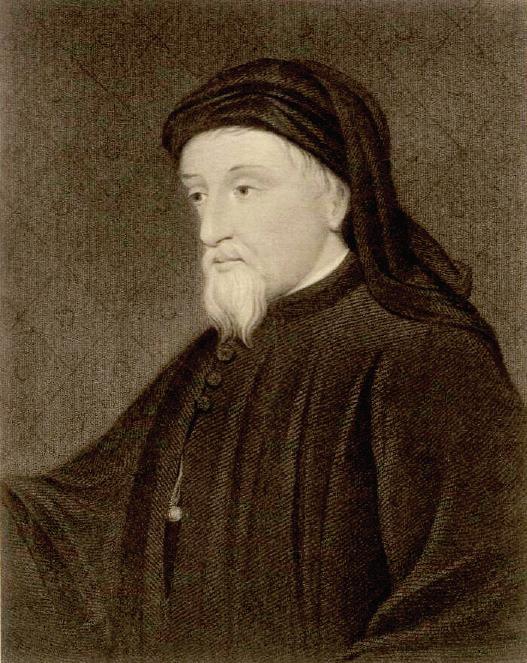
1 minute read
Satire in the Canterbury Tales
Geoffrey Chaucer was born around 1343 AD and was from a successful merchant family - this wealth and connection allowed him the education to read and write. Chaucer did not write as a profession, instead writing for pleasure/amusement. The Canterbury Tales is viewed as his most infl uential piece of work and is a collection of stories told by a series of pilgrims, the pilgrimage itself (to Canterbury cathedral) acts as a framing device to allow the stories to be told, as they participate in a storytelling competition. The ‘General Prologue’ introduces some of the pilgrims, while the interweaved ‘links’ act to fl uidly join the pilgrim’s stories together. The frame of the pilgrimage allows Chaucer to successfully satirise society as a whole, as the pilgrims come from all parts of society. This idea of satire is also supported by the lack of detail of the journey itself – Chaucer focuses chiefl y on the stories and the pilgrims themselves, thus The Canterbury Tales gives an insight into society rather than exploring the nature of a pilgrimage.
Advertisement









